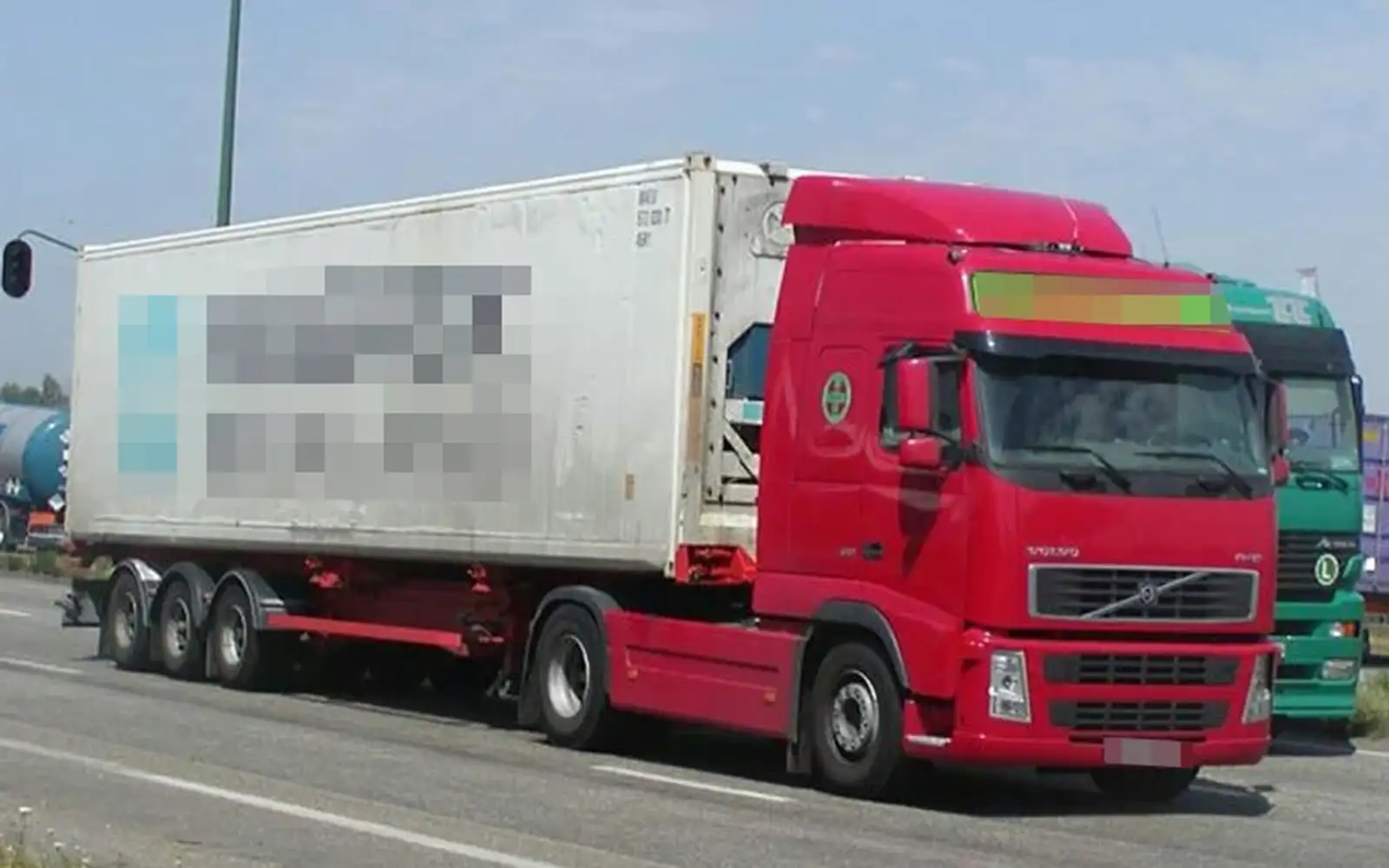
Heavy vehicles transporting imported or exported goods will be weighed at all ports from July 1 to curb the issue of overloading, says transport minister Loke Siew Fook.
Loke said this would be implemented in the peninsula as a start, with imported goods to be weighed before they are loaded onto lorries.
“If the weight exceeds the gross combined weight limit, the system will automatically reject the goods, and the vehicle will not be allowed to enter the port to accept the cargo,” he said in a statement.
For exported goods, vehicles will be weighed at the port’s entry point. If found to be over the weight limit, the vehicle will be barred from delivering its cargo to the port.
Loke said logistics industry players had already been told to prepare for stricter measures to curb overloading on heavy vehicles, to ensure the safety of road users.
He said that currently, enforcement officers need to stop heavy vehicles suspected of being overloaded before bringing them to a weighing station.
“This limits the number of heavy vehicles that can be checked by enforcers. Therefore, from July 1, the transport ministry will use port infrastructure to expand enforcement action on the issue of overloaded heavy vehicles.
“Many heavy vehicles transporting goods for import and export purposes need to pass through our ports. Therefore, the ports can sift out overloaded heavy vehicles,” he added.
This follows several fatal multi-vehicle crashes on highways, including one in December that left seven people dead and 33 injured.
A detached tyre from a lorry had caused a tour bus driver to lose control of the vehicle, swerve into the opposite lane and collide with a trailer lorry, resulting in the crash which also involved a car and an MPV.
A logistics company was charged with overloading its vehicle by 16,260kg, a move said to have contributed to the crash.






